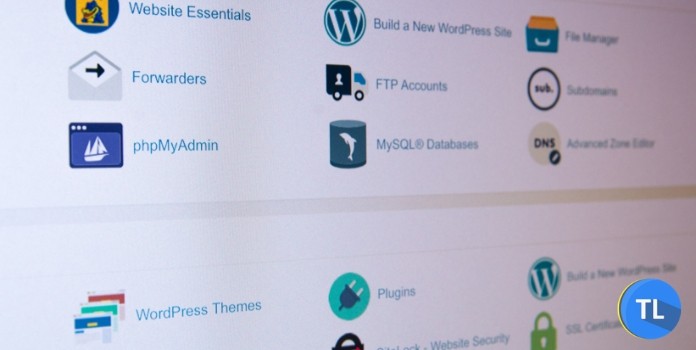What makes a good hosting provider? Well, for most users, it is the performance that is the most important thing. But, as with all things commercial, there is usually a strong correlation between quality and cost. Does it mean that everything offered at a price that does not make your jaw drop should be avoided? Should you give one-dollar hosting a wide berth?
Table of Contents
Can Really Affordable Hosting Be Great?
The answer to this question is omnipresent ‘it depends’. It depends on what your project is like, what features you need, what level of customer support you expect, and how much money you are actually ready to spend on hosting. It also depends on your understanding of “affordable” (for different countries, the answer will be different). There are a lot of factors that come into play.
How do I know if this particular affordable hosting service is worth a try?
If you are setting up a website on a tight budget, hosting services offered at around $2 may well be the option you will want to consider first. So, you have googled a bit and found several companies with really affordable offers. How do you know it would be a wise decision to entrust your pages to this hosting provider?
Ask Someone Who You Trust
It may sound like a weird piece of advice, but asking your friend or relative who is already a client of this company may help you determine if it is the right option for you. Keep in mind that such opinions are always subjective.
Your friends can provide you with invaluable information as to how often their website has recently been down, what the customer support team is like, and if there are upsells. Just be careful and take this info with a pinch of salt, as your projects may be very different from each other, and there may also be other factors that can make a particular service a great choice for him and a not-that-good one for you.
Use Tools and Websites for Statistics Analysis before Buying from a Company
If subjective information is abundant, objective data is more difficult to find. You can look through the issues of some reputable magazines covering software news and related products. Sometimes they publish hosting reviews based on statistics: they set up a website with a particular company, monitor how it is doing, and then report on what problems there have been.
Be careful when choosing sources of information to believe – some companies may pay reviewers to score highly. It is more difficult to do it if they are dealing with a major magazine, so do some research and read reviews in reputable IT magazines with a long history.
Another way to find objective information on hosting performance is special websites and tools for statistical analysis. Take Hrank, for example. Imagine you have found a one-dollar hosting with alluring features. Is it really reliable in terms of uptime and load time? You can go to Hrank’s chart to find the provider you are interested in and see if it has been doing well in the past 6 months or so. If the numbers are decent, you should probably give it a try despite the suspiciously low price.
What about reviews?
If you read through the reviews available online, you will see that the overwhelming majority of them have something to do with complaining. It is characteristic of human beings to fail to thank for great performance and quality of services, and the thing they are likely to share information about on many a website is what problems they faced when working with this or that company.
Some of these problems (not the majority of them, though) are due to the user’s failure to read terms of use carefully (yes, we would all want them to be clearer and without any disguised pitfalls, but that is the reality we face), or other things that are technically not the company’s fault. Some negative reviews are based on real experience, others are posted by competitors.
All in all, reviews do not always reflect the way hosting services are provided, so the two sources of information mentioned above are better options.
The bottom line is that “cheap” does not necessarily mean “poor quality”. There are hosting providers out there (and major ones!) that can afford to have price tags that appeal to their audience, and even $2 hosting can be quite stable and reliable.
The reason is that they have a lot of clients and specialize in shared hosting, so by selling cheap hosting “in bulk” they still earn a lot. Doing some research before buying can help you find out if the option you like is a good one to try.
